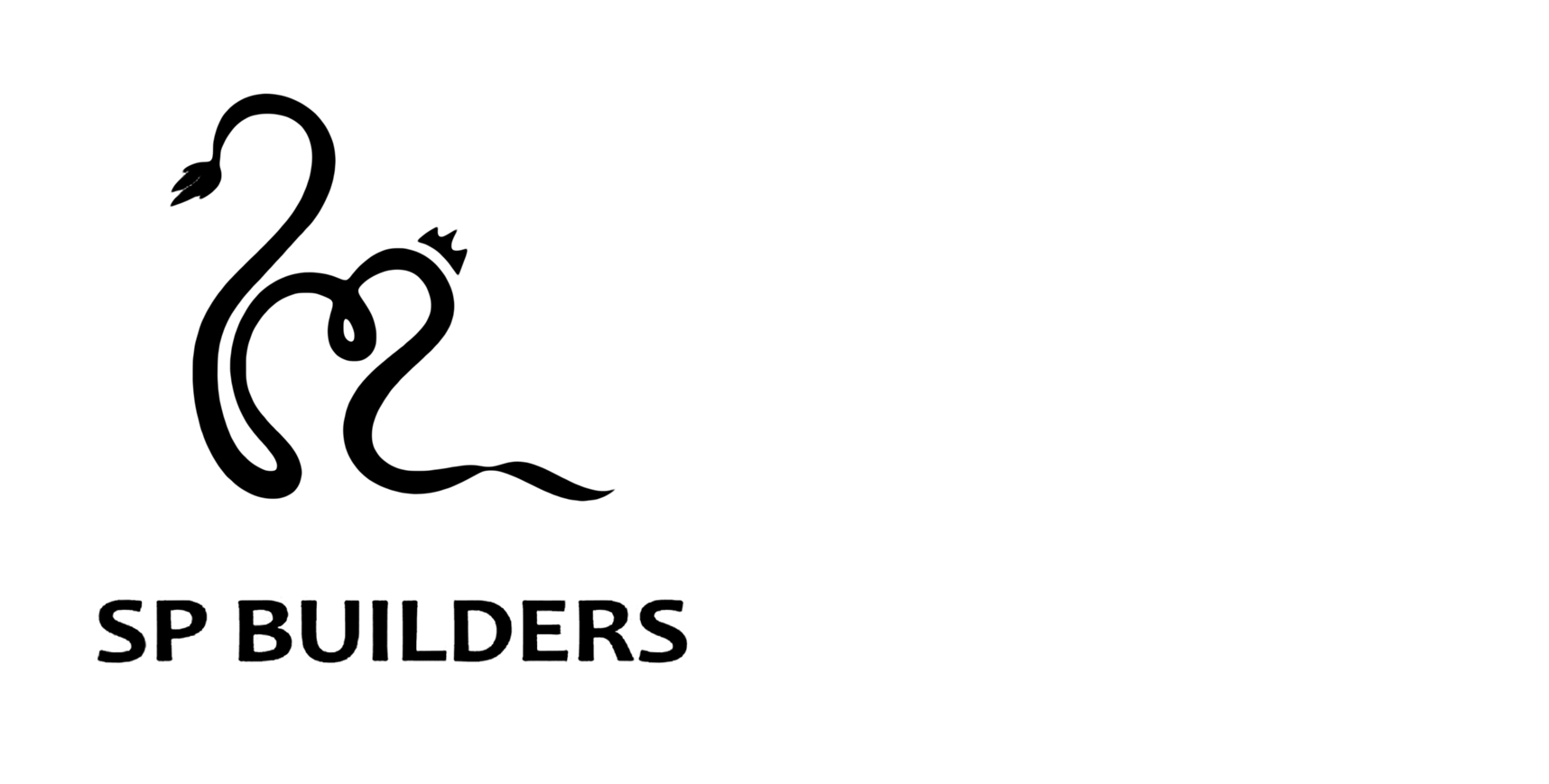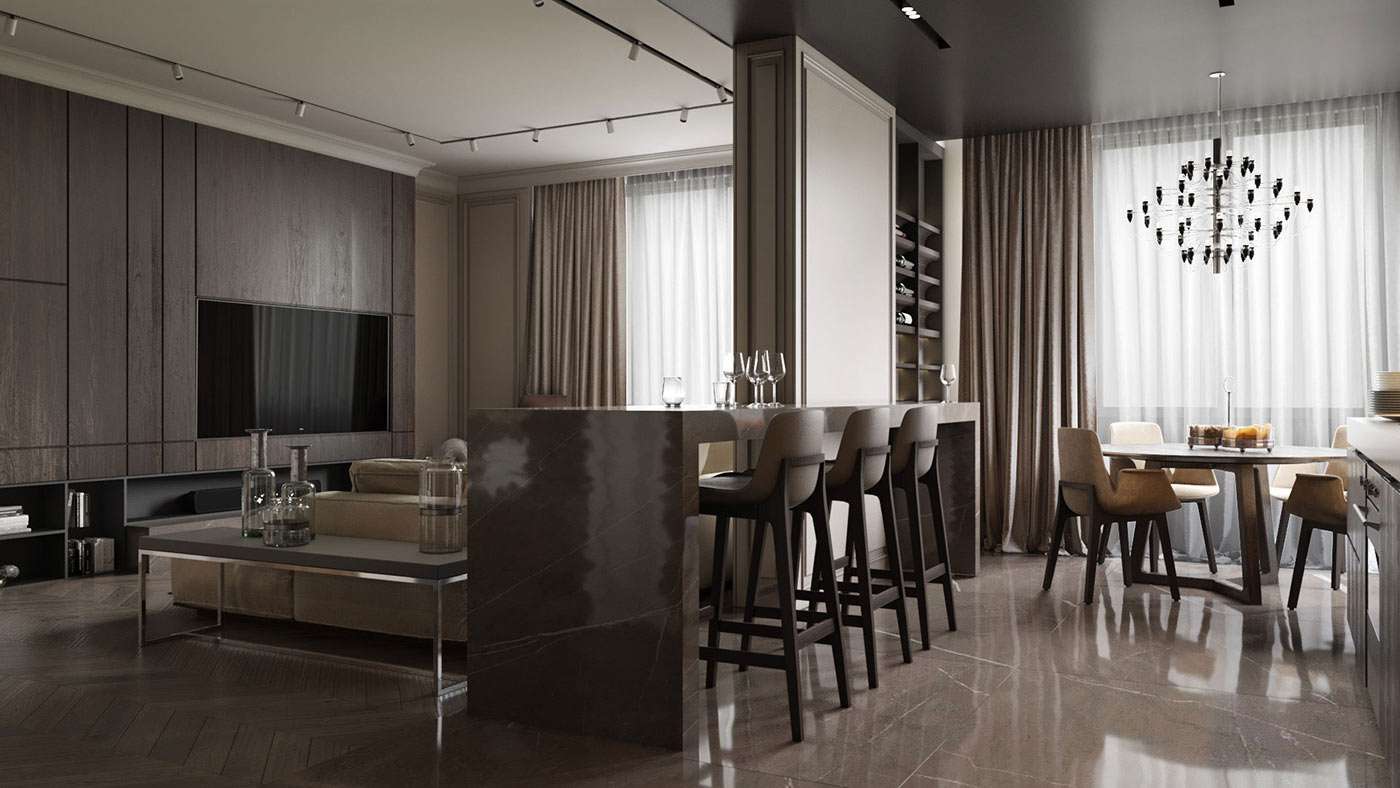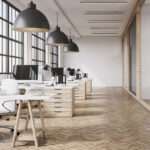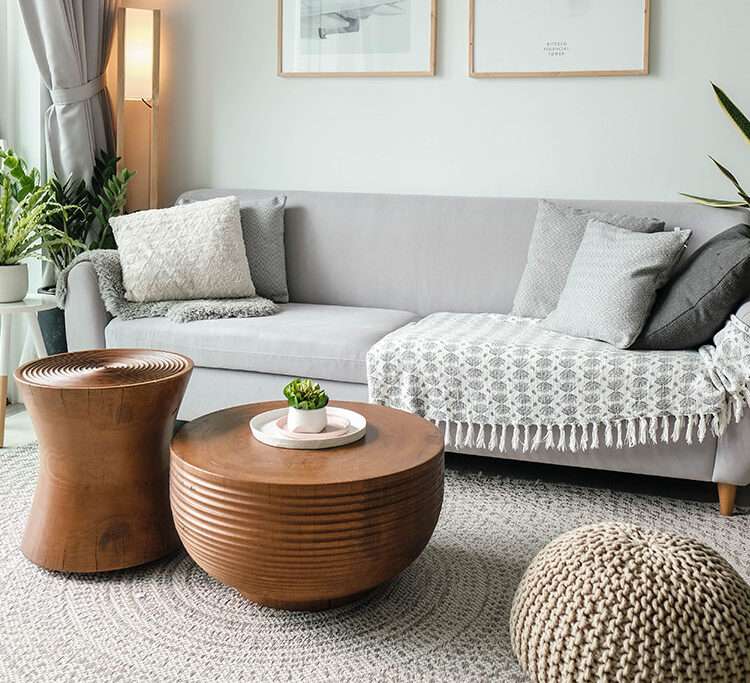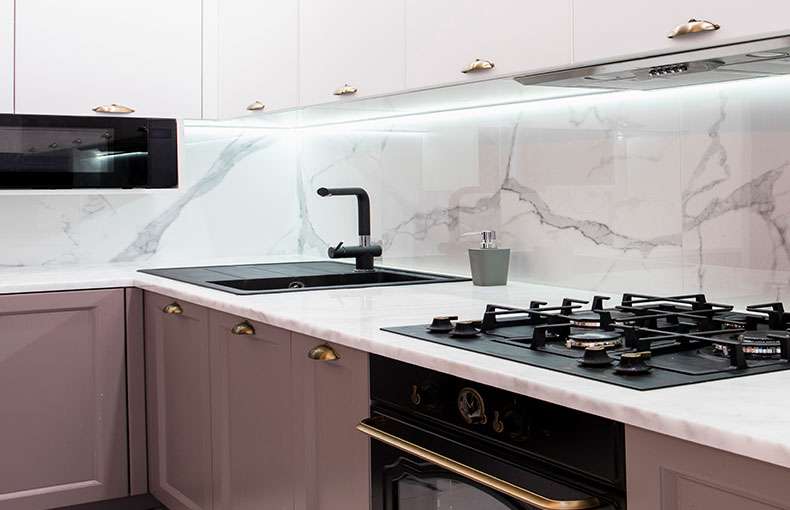The Art of Sustainable Design: How We Build Eco-Friendly Spaces
Key Sections
- The Principles of Sustainable Design
- Energy Efficiency: Using insulation, solar panels, and energy-efficient lighting to reduce energy consumption.
- Water Conservation: Strategies like rainwater harvesting, low-flow fixtures, and greywater systems.
- Renewable and Recycled Materials: Choosing sustainable materials, such as bamboo, recycled steel, or reclaimed wood.
- Eco-Friendly Building Techniques
- Passive Solar Design: Orienting buildings to optimize natural sunlight and reduce heating/cooling needs.
- Green Roofs and Walls: Adding vegetation to buildings to improve insulation and reduce urban heat.
- Smart Building Technology: Using automation and smart devices to monitor and reduce resource consumption.
- Sustainable Interiors
- Non-Toxic Paints and Finishes: Using low-VOC paints and eco-friendly finishes.
- Recycled and Upcycled Furniture: Choosing furniture made from sustainable or recycled materials.
- Indoor Plants for Better Air Quality: Adding plants that purify air and enhance the aesthetics of the space.
- Long-Term Benefits of Eco-Friendly Spaces
- Discussing how sustainable spaces improve well-being, reduce costs over time, and positively impact the environment.
